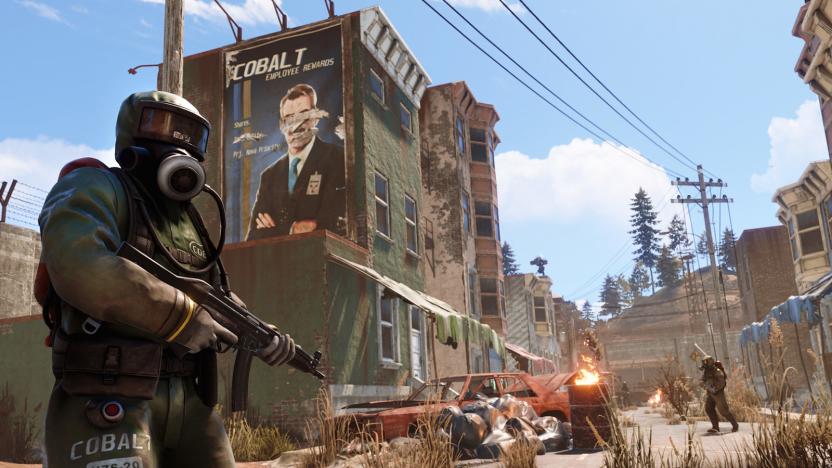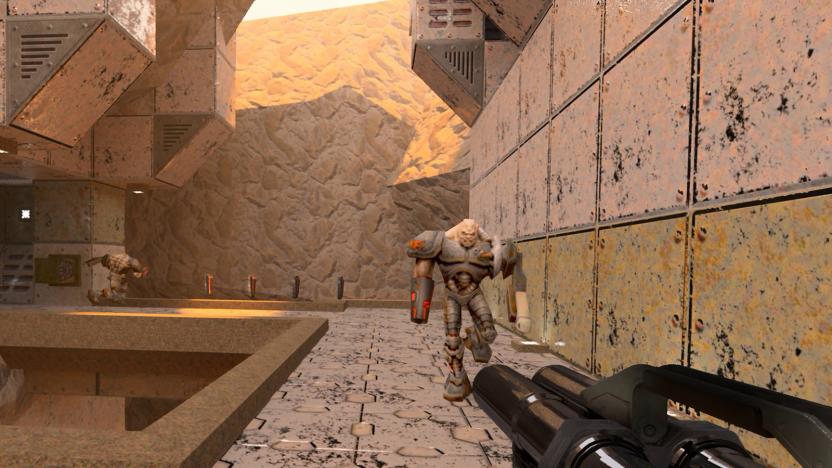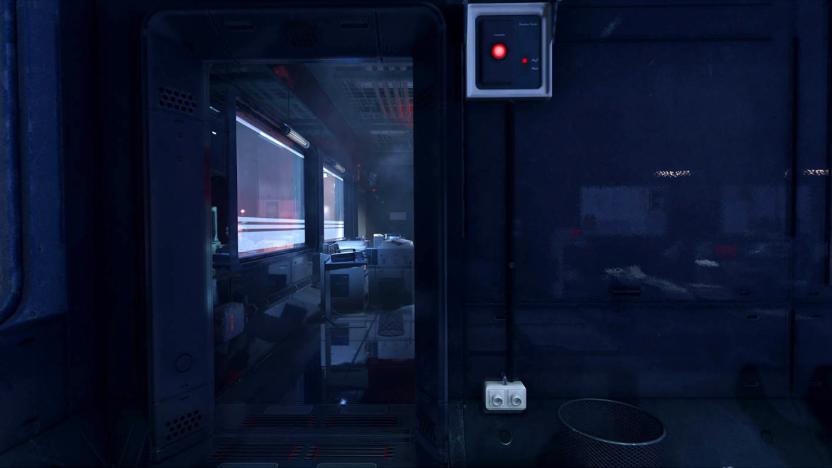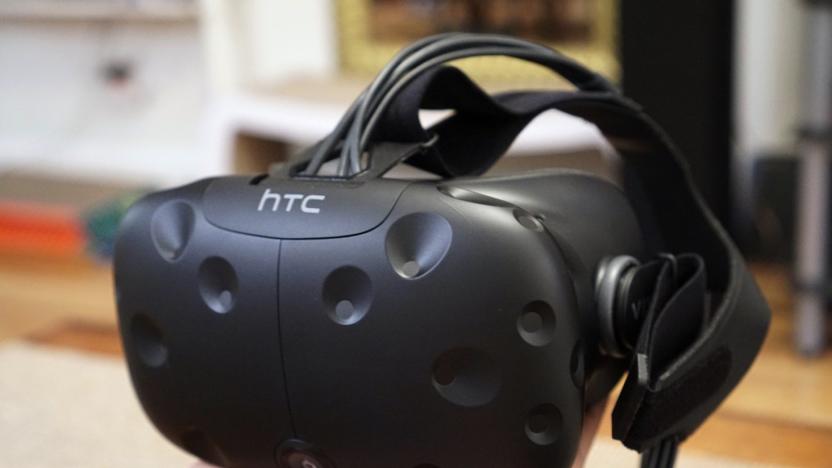vulkan
Latest

Google's WebGPU is coming to Chrome to boost online gaming and graphics
Google will soon start rolling out WebGPU, a new feature that will allow Chrome to use your graphics card to accelerate games, graphics and AI.

NVIDIA's DLSS upscaling comes to 'Rust' and a wave of Linux games
NVIDIA is bringing its DLSS upscaling to 'Rust' and a batch of Linux games, on top of announced plans for 'Doom Eternal' and 'Red Dead 2.'

Ray tracing will come to more games with a new Vulkan SDK
Vulkan's updated software kit should bring ray tracing to more games and apps without depending on DirectX.

Ray tracing comes to more games thanks to new software tools
You haven't seen much ray tracing in games due in part to the limited frameworks for it. Outside of Microsoft's DirectX, creators have usually had to lean on proprietary approaches. Soon, though, it might be relatively ubiquitous. The Khronos Group has released "provisional" ray tracing extensions for Vulkan, the open graphics standard effectively replacing OpenGL on multiple platforms. You should see sophisticated reflections, fewer light artifacts and otherwise more natural-looking lighting in titles that support the technology.

Valve launches SteamVR support for Linux
Valve has been giving Steam users Linux love since 2012, and it's not stopping with VR. The company just launched SteamVR for Linux, letting developers create Linux content for the HTC Vive VR headset, trackers and other hardware. The program is in beta, meaning developers must use an NVIDIA developer beta driver that's built on "Vulkan," the successor to OpenGL. You're limited to "direct" mode, meaning you can only display images on the headset and not a desktop display at the same time.

OpenGL's successor is ready to improve gaming graphics
Games on devices of all kinds could soon be running better because Vulkan, the successor to OpenGL, has finally been released officially. The new standard gives developers low-level access to discrete and on-chip graphics, helping them avoid the layers of hardware overhead that normally slow things down. Khronos, the open-source group behind the standard, says it also reduces CPU overhead and improves multi-threaded performance. Delayed for several months, the version 1.0 driver is based on AMD's proprietary Mantle standard. Similar technology is used in the Xbox One and PS4 consoles to help them make the most of their relatively modest specs.

Your Android games are getting a software speed boost
iPhone users have low-level Metal code to speed up games and other visually intensive apps, but what if you're an Android fan? Don't worry, you'll get your boost soon. Google has announced that Android will soon support Vulkan, an open graphics standard that cuts a lot of the computing overhead and gives apps more direct control over video hardware. It's not as easy to work with as OpenGL, but it should let developers wring more performance out of your phone's processor. That could prove very important when you'd otherwise struggle to run a game on a lower-end phone, or want to get pretty, high-detail graphics on a shiny new flagship. It'll be a while before Vulkan for Android is ready -- the standard itself isn't available, let alone Google's implementation of it -- but it should be worth the wait if your Android devices double as game consoles.

Super-efficient 'Vulkan' leaves your games more graphics power
Psst: the games you play might not look as good (or run as smoothly) as they could. In many cases, the overhead from graphics standards gets in the way -- Apple went so far as to develop its own technology just to make sure that iPhones and iPads could live up to their potential. That bottleneck may not exist for much longer, however. The alliance behind the OpenGL video standard has given a sneak peek at Vulkan, an open standard that lets app writers take direct control of graphics chips and wring out extra performance on many devices, whether it's your phone or a hot rod gaming PC. The software isn't a magic bullet (developers still have to make good use of it), but it could easily lead to richer visuals and smoother frame rates without demanding beefier hardware.

